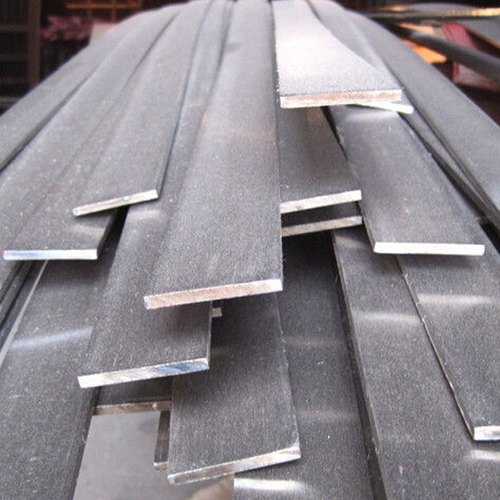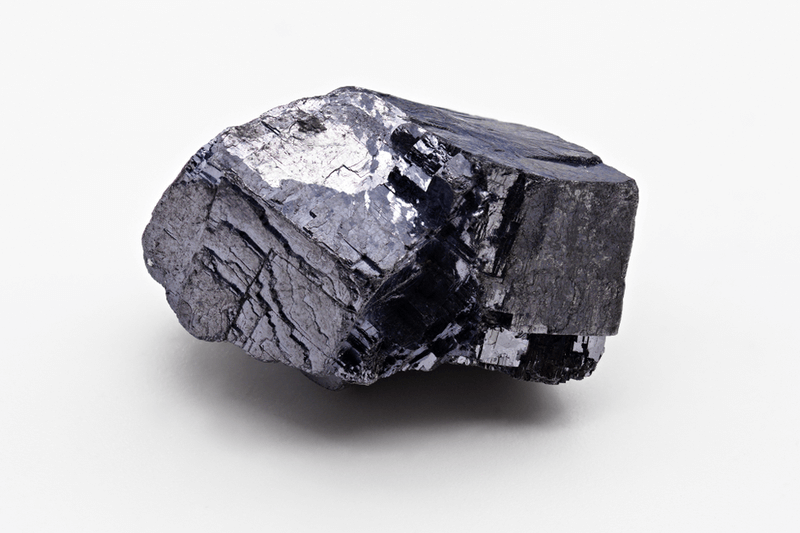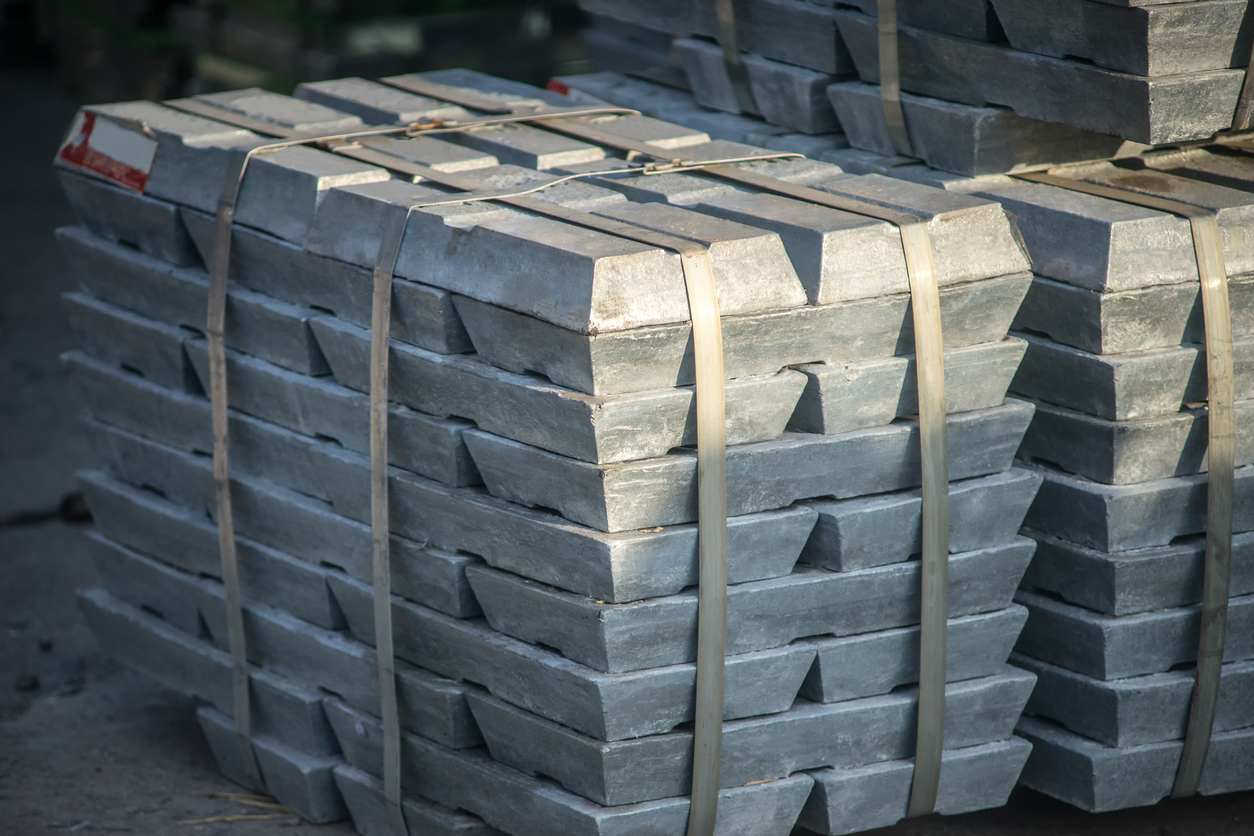A Brief Guide on How to Export Other Iron Products from South Africa
A Brief Guide on How to Export Other Iron Products from South Africa
South Africa is one of the leading exporters of iron ore in the world. It also has a number of other products that can be exported to other countries, given the right circumstances. These other iron products include: blast furnace and sponge iron outputs; scrap iron; ferro-alloys; and various semi-finished and finished goods such as bars, rods, angles, channels, wire, and so on. If you’re looking to export these types of iron products from South Africa, there are several things you need to know about first before moving forward. Read on for more information about exporting other iron products from South Africa.
Export Limitations and Requirements
There are quite a few limitations and requirements that need to be met when exporting iron products from South Africa. Let’s go over a few of these. – First, there are certain types of iron products that are not allowed to be exported from South Africa. These include: ores; concentrates; phosphorite; slag; dross; and other by-products of the iron-making process. – In addition, there are several limitations and requirements on the amount and types of iron products that can be exported from South Africa. These include: sizes; grades; the quantity of the shipment; and so on. – You may also be required to give a security deposit to the South African government when exporting iron products from South Africa. This may be required if you’re exporting iron products for the first time.
Export Licenses
If you’re looking to export certain types of iron products from South Africa, you may need to apply for an export license from the Department of Trade and Industry (DTI). The type of iron products you plan to export from S. Africa, as well as the destination country, will determine if you need an export license or not. You can use the Export Licence Search tool to find out if your product requires an export license. You can also visit the DTI website to learn more about exporting.
Exporting Produce of Iron Shredders
Produce of iron shredders is an important iron product that is widely exported from South Africa. Iron shredders are machines used to shred ferrous metals, such as scrap iron and other types of scrap metals. Scrap iron is a popular product that is used for a variety of things. It is used as a raw material in steel-making, and also for making other products such as machine parts, building materials, and many more. Iron shredders are used to produce high-quality scrap iron that can be exported to various countries around the world. If you’re planning to export the produce of iron shredders from South Africa, you must follow the necessary procedures to do so. You must obtain the appropriate import and export licenses, as well as ensure that you meet the minimum standards and specifications of the destination country.
Exporting Scrap Iron
If you want to export scrap iron from South Africa, you first need to ensure that it meets the minimum requirements. These include being free of all non-ferrous metals, having a minimum size of 10mm, and being clean and free of any contaminants. Scrap iron is a popular product that is used for a variety of things. It is commonly used in the production of new iron and steel, as well as in the making of other products such as construction materials, machinery, and more.
Exporting Ferro-alloys
Ferro-alloys are a mixture of different metals that are used for a variety of things. They are commonly used in the production of steel and other metallic products. They are also used in the making of other products, such as cast iron, building materials, and more. If you want to export ferro-alloys from South Africa, they must meet the minimum requirements. These include having a minimum silicon content of








LEAVE A COMMENT
You must be logged in to post a comment.